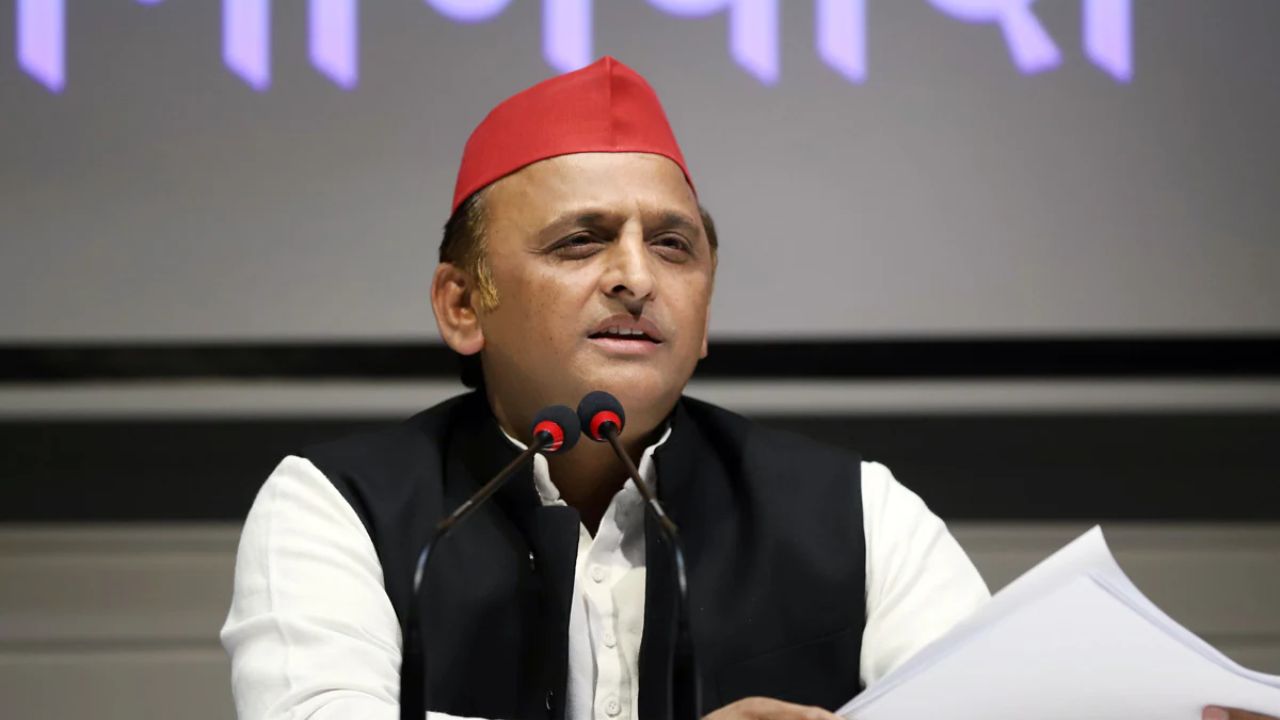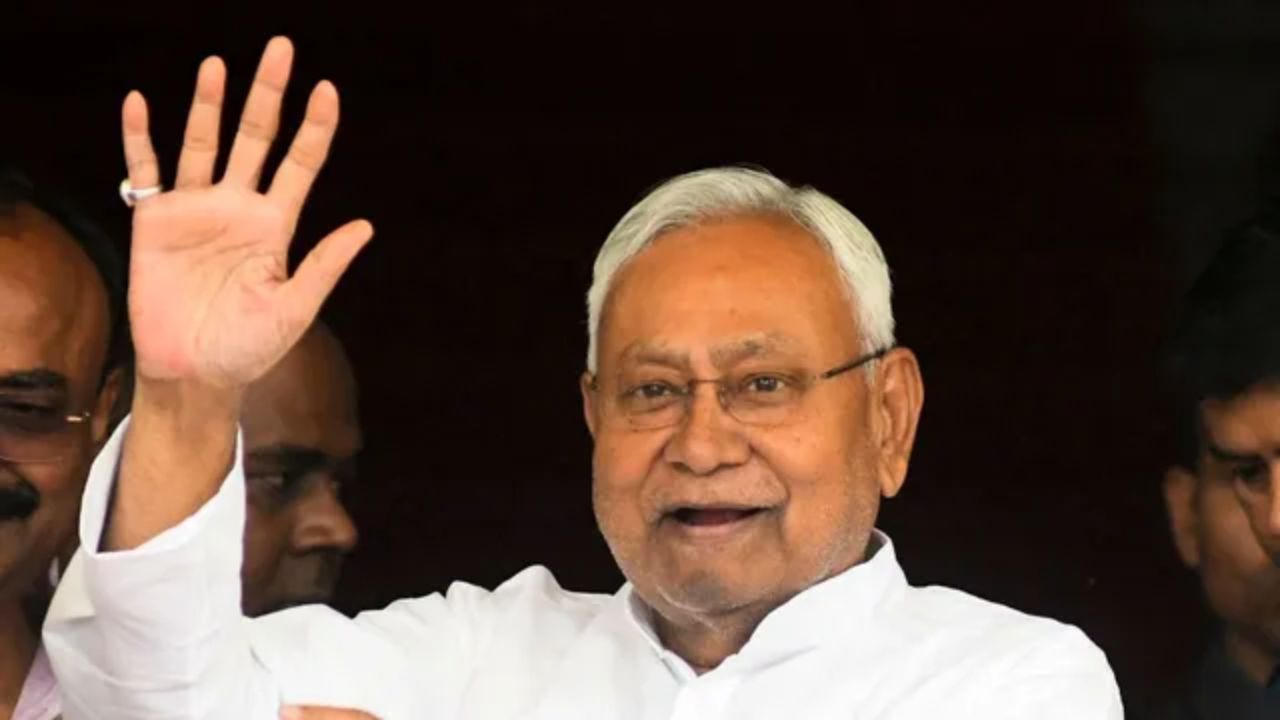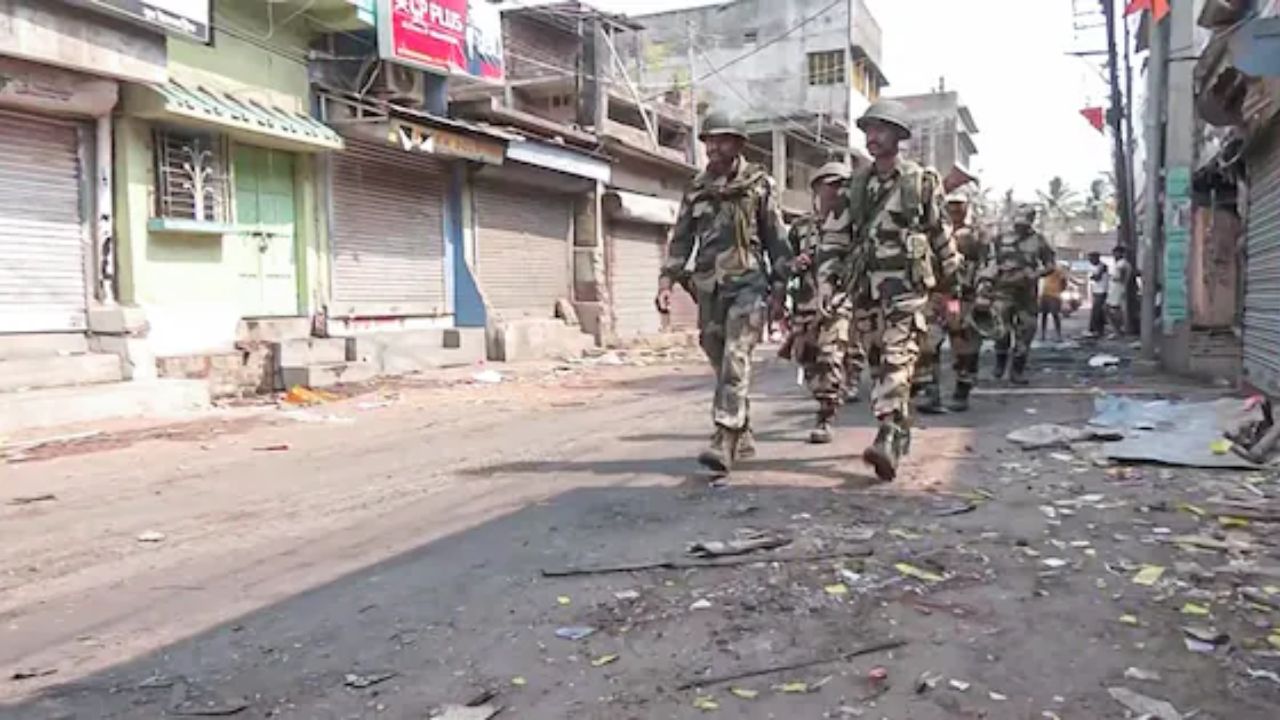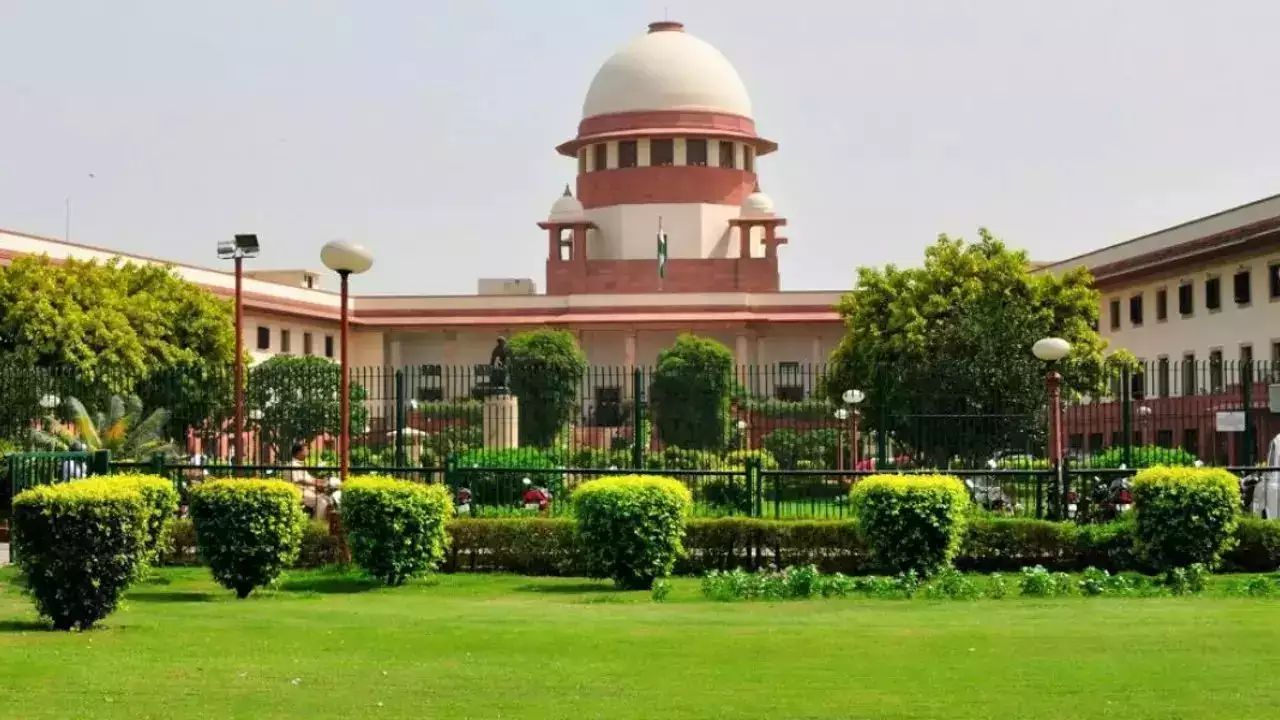nternational Criminal Court issues arrest warrants for Netanyahu, ex-Defense Minister Gallant, and Hamas leader Al-Masri.
The International Criminal Court (ICC) on Thursday issued arrest warrants against Israeli Prime Minister Benjamin Netanyahu, former Defense Minister Yoav Gallant, and Hamas leader Mohammed Diab Ibrahim Al-Masri, citing alleged war crimes and crimes against
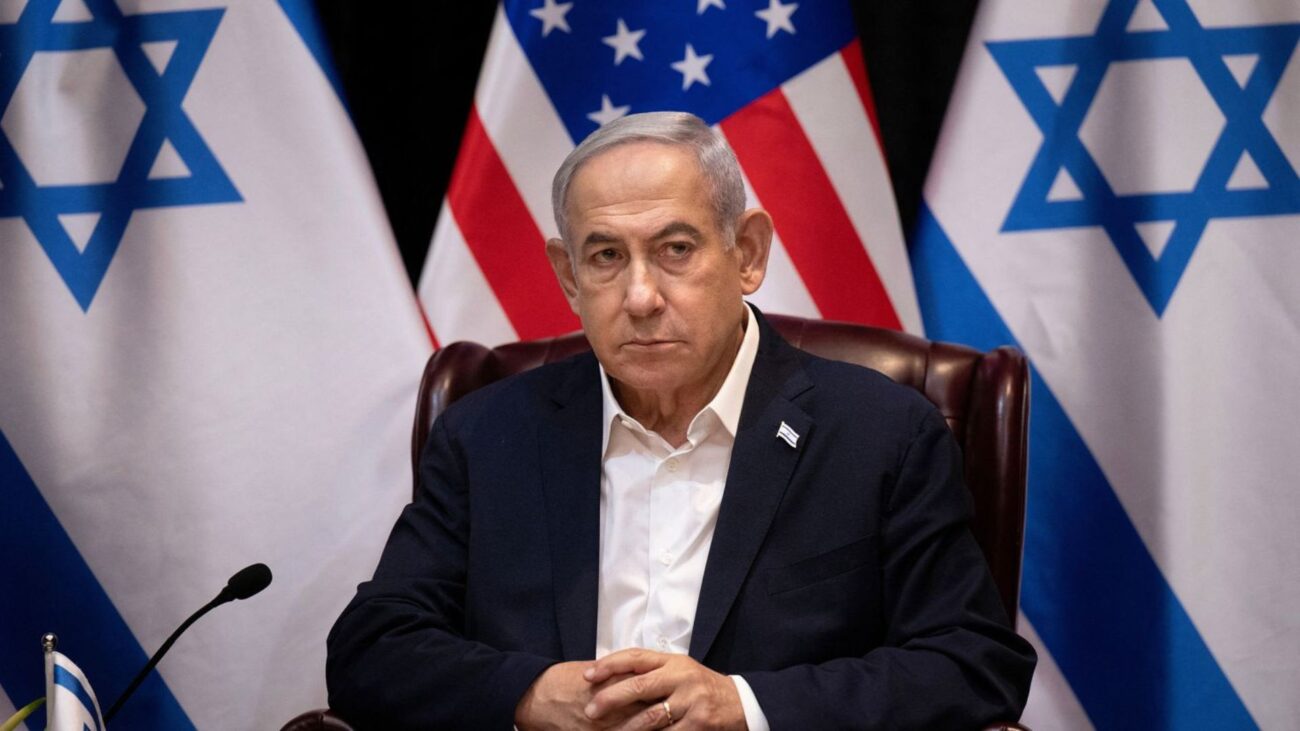
The International Criminal Court (ICC) on Thursday issued arrest warrants against Israeli Prime Minister Benjamin Netanyahu, former Defense Minister Yoav Gallant, and Hamas leader Mohammed Diab Ibrahim Al-Masri, citing alleged war crimes and crimes against humanity, according to Reuters.
The warrants were issued about alleged offences tied to the October 7 Hamas attack on Israel and Israel’s subsequent military actions in Gaza. ICC Prosecutor Karim Khan had sought the warrants in May, accusing the individuals of intentionally depriving Gaza’s civilian population of essentials such as food, water, medicine, and power supplies.
“The Chamber considered that there are reasonable grounds to believe that both individuals intentionally and knowingly deprived the civilian population in Gaza of objects indispensable to their survival,” the ICC’s three-judge panel stated in their unanimous decision, as reported by the Associated Press (AP).
While Israel is not a signatory to the ICC, the court stated that Israel’s acceptance of its jurisdiction was not required. Israel, which disputes the ICC’s jurisdiction, has denied committing war crimes in Gaza. It has also claimed to have killed Al-Masri (also known as Mohammed Deif) in an airstrike, though Hamas has not confirmed his death.
Context of the Conflict
The ongoing conflict has claimed over 44,000 lives in Gaza since October 7, 2023, according to Gaza’s health ministry. Hamas launched an unprecedented attack on southern Israel on October 7, killing approximately 1,200 people, primarily civilians, and abducting around 250. In response, Israel launched extensive military operations in Gaza.
The ICC’s action underscores international efforts to address alleged violations during the conflict, although enforcement of such warrants remains complex, particularly given Israel’s non-cooperation with the court.


